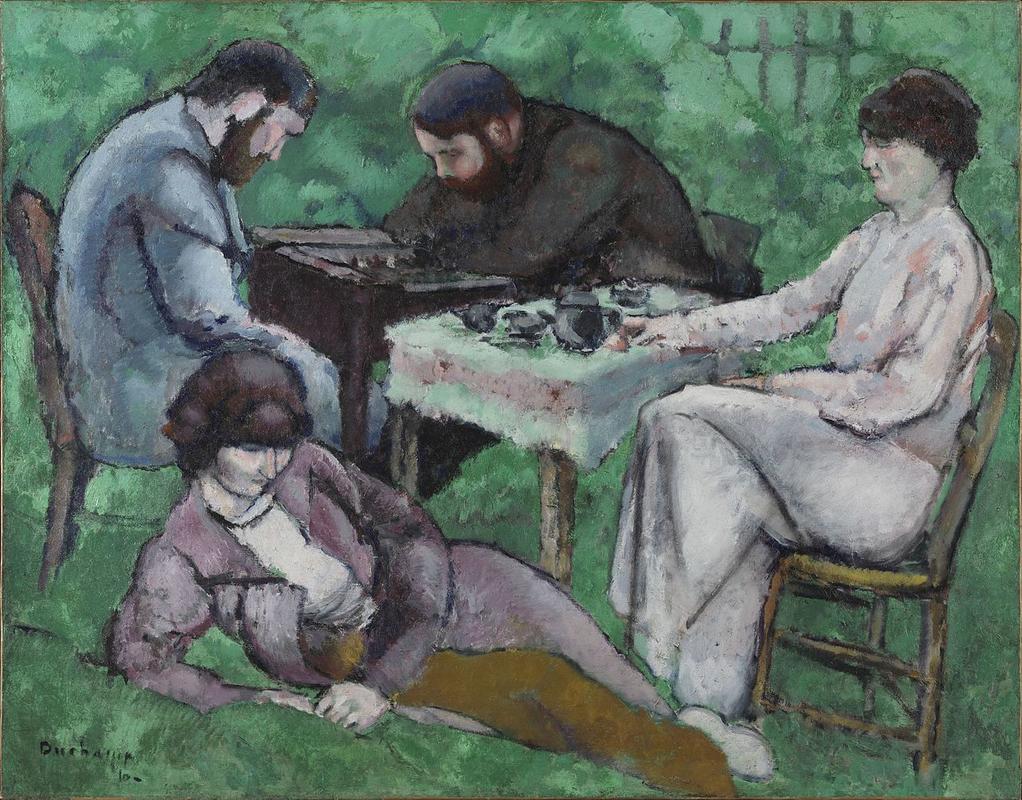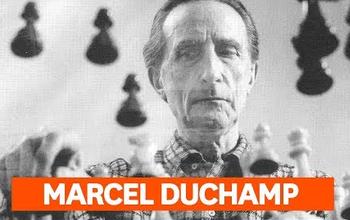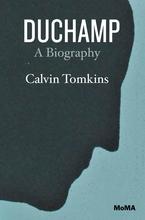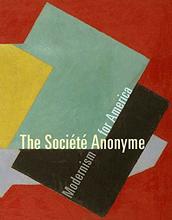The Chess Game by Marcel Duchamp demonstrates that Duchamp believed that chess was for boys.
We all know that Duchamp was one of the most groundbreaking artists of the 20th century, but few know that he was also a chess buff. He was actually such a chess fiend that he almost gave up making art! Gasp! At one point he claimed, “While all artists are not chess players, all chess players are artists.” And though the accuracy of this sentence is substantially debatable, it shows us just how much Duchamp loved the game. He learned to play as a child from his two brothers, Raymond Duchamp-Villon and Jacques Villon, who are depicted here in the throes of chess battle. All three of them were fierce chess players and painters, but neither Raymond nor Jacques succeeded in both fields the way Marcel did. As New York Times journalist Dylan McLain catalogs, Duchamp “competed in the 1925 French championship, reportedly scoring 50 percent, and represented France in the 1933 chess Olympiad (on the same team as Alexander Alekhine, the world champion, who was then a resident in France).” So that's pretty pro.
There were very few ways that Duchamp could combine the two things he loved most. In 1968, he and John Cage, the composer and artist, played a game of musical chess, in which Duchamp won in less than 30 minutes. And then there is this painting, but painting a game of chess is nowhere near as thrilling as the actual thing…not that the actual thing really puts you at the edge of your seat. The women in this painting, Yvonne Duchamp-Villon and Gaby Villon, definitely agree with me. They are bored out of their minds while being excluded from playing. The men probably assumed that they would go into hysterics at the game or that it would just be too logical for their delicate little brains. I’m not sure what it is, but something sexist is probably happening here. Apparently the “crushing boredom” of the women in this scene is an allusion to the book "Madame Bovary" by Flaubert, who Duchamp admired. Flaubert lived and working in the countryside of Rouen in Normandy where Duchamp was born and raised and Duchamp read his work extensively.






















Chess is the most boring game.